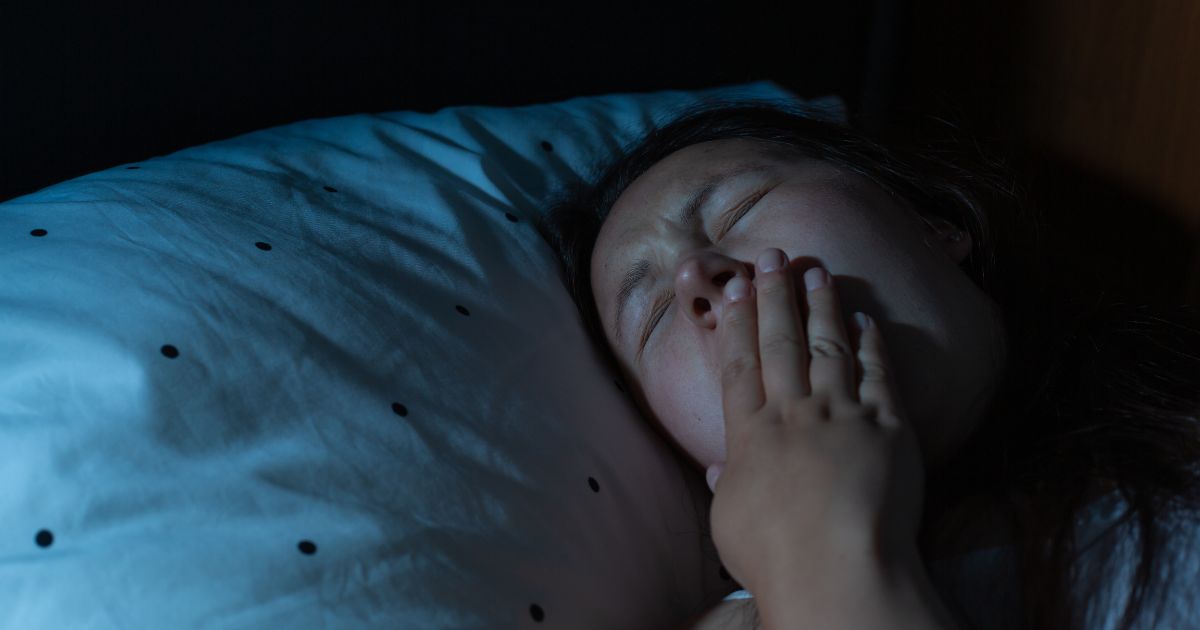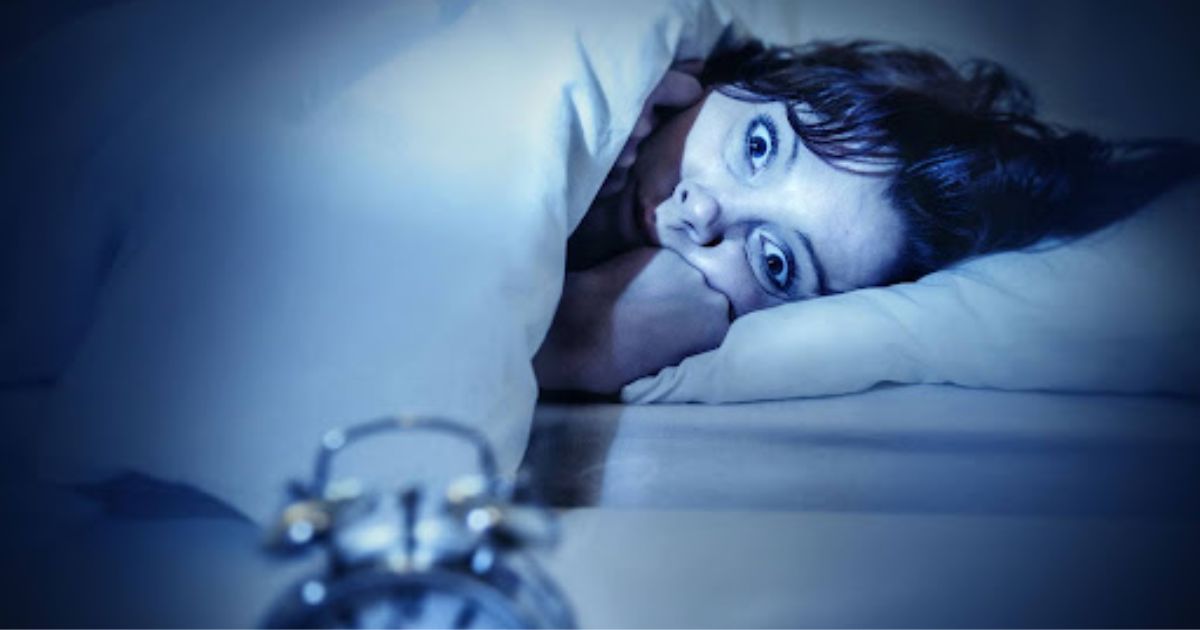Have you ever experienced waking up in the middle of the night, but you couldn’t move? It’s as if your brain’s already awake, but your body won’t cooperate—this is one of the scariest feelings some people experience. This is called sleep paralysis, and many people all over the world experience it at some point in their lives. Unfortunately, others experience it more frequently, to the point that they require medical intervention. In this article, we will dive deeper into what sleep paralysis is, and share several tips on how to prevent it.
Sleep paralysis is a type of condition marked by a brief loss of muscle control (atonia) after either falling asleep or waking up. In some cases, people may even experience hallucinations. It is categorized as a parasomnia, which refers to abnormal behaviors during rest. Furthermore, because sleep paralysis occurs during the Rapid Eye Movement (REM) stage of sleep, it is specifically categorized as a REM parasomnia.
A normal REM stage typically involves vivid dreaming, accompanied by atonia to prevent the person sleeping from acting out their dreams. However, atonia should end upon waking up, and when it doesn’t, the person becomes aware of their inability to move. It is believed that sleep paralysis involves a mixed state of consciousness that combines wakefulness and REM sleep. As a result, atonia and mental imagery of REM sleep persist even into a state of being aware and awake.
There are two types of sleep paralysis—isolated and recurrent. The former is when episodes are linked to an underlying diagnosis of narcolepsy, while the latter involves multiple episodes over time.
What Causes It?
The reason behind sleep paralysis is still unknown. However, researchers believe that several factors provoke the condition, specifically sleep disorders and other underlying circumstances. It has also been found to be more common with people who experience nighttime leg cramps.
How Common Is It?
According to researchers, about 8% of people experience sleep paralysis at some point in their life. It can happen at any age, but the first symptoms often show up in childhood, adolescence, and young adulthood. After the teen years, episodes will likely occur more frequently in the 20s and 30s.
How Serious Is It?
For most people, this is not a serious problem as it’s classified as a benign condition, and it doesn’t frequently cause significant health problems. However, some people experience more bothersome episodes that make it distressing, and these are cases that require medical attention. Individuals who have uncomfortable sleep paralysis episodes tend to develop negative thoughts about going to bed, which significantly affects their rest quality. This often results in sleep deprivation that leads to adverse effects on one’s overall health.
How Is It Treated?
The first step to treat sleep paralysis is to see a sleep doctor in Jacksonville, FL, to identify underlying issues that may be contributing to its frequency and severity. From there, your sleep physician can find suitable treatment options based on your condition. There is also sleep hygiene, which is a common treatment that involves changing the person’s bedroom setting and daily habits that influence sleep quality.
Work with a Sleep Professional
Sleep paralysis is not typically a serious condition, and many people experience it. Most of the time, it’s not bothersome nor frequent. However, if you experience distressing episodes of sleep paralysis, it’s best to seek a sleep doctor to help you figure out how you can get a better quality of slumber.
Sleep Doctor in Jacksonville, FL
Dealing with sleep paralysis may be difficult for some. If you’re one of them, consider seeing a sleep doctor in Jacksonville, FL. With our expert knowledge and experience at Jacksonville Sleep Center, we can help you get quality rest every night. Get in touch with us today to schedule an appointment!






